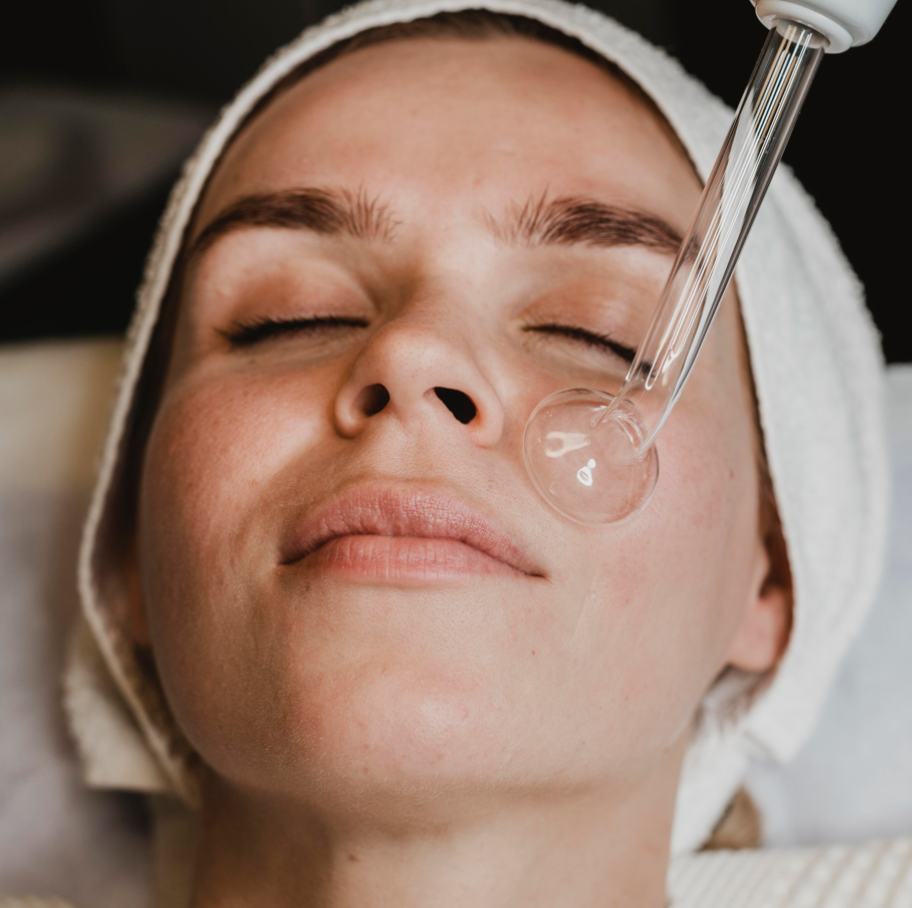Photo by Brooke Lark on Unsplash
Starting a new chapter in life after addiction recovery is both a powerful achievement and a journey filled with challenges. One of the most important aspects of maintaining sobriety and fostering personal growth is establishing a healthy daily routine. A well-structured routine not only creates stability but also encourages a sense of accomplishment. In recovery, every small win adds up, helping to solidify the habits needed for long-term success. Here, we’ll explore how to build a sustainable daily routine, focusing on the importance of achievable goals, self-care, and supportive practices.
Embrace the Power of Small Wins
After addiction recovery, building self-efficacy—the belief that you can succeed at something—is crucial. Many people find themselves overwhelmed by the idea of completely overhauling their lives. But instead of trying to change everything at once, focusing on small, manageable steps can make a significant impact. Start with simple actions like making your bed each morning, drinking a glass of water upon waking up, or setting aside five minutes for deep breathing. Each of these small wins reinforces your ability to stay committed, and over time, they can become pillars of a healthy routine.
Research shows that routines promote mental well-being by reducing stress and enhancing a sense of control. The stability of a routine can be especially grounding for those in recovery, where every consistent action reinforces resilience and encourages self-respect.
Establish a Morning Ritual
The way you start your day sets the tone for the hours that follow. A morning routine doesn’t need to be elaborate; it just needs to be intentional. Begin with something that connects you to your goals and supports a positive mindset. For some, this could be stretching or a brief meditation, while others might find journaling helpful to set their intentions for the day.
Adding a nutritious breakfast can also make a difference. Whole foods like oatmeal, eggs, fruit, and avocados offer a blend of protein, fiber, and healthy fats that fuel your mind and body. Taking time to nourish yourself physically has a profound impact on mental resilience, and eating well is a simple act of self-care that can support your recovery journey.
Set Boundaries for Stress Management
Life in recovery means learning how to manage stressors without reverting to old habits. Identifying and setting boundaries around common stressors is essential. If work is a source of stress, consider building short breaks into your day to step outside, stretch, or take deep breaths. If certain social situations trigger cravings, it might be best to avoid them initially or attend with a supportive friend.
Establishing boundaries applies to technology, too. Spending too much time on social media or watching the news can drain your mental energy, leaving you more susceptible to stress and negative emotions. Protecting your mental space can help maintain your emotional stability, which is crucial for staying on track in recovery.
Incorporate Physical Activity
Exercise has a host of benefits, especially for people in recovery. Not only does physical activity release endorphins, which boost mood and reduce stress, but it also helps to improve sleep, regulate energy, and enhance mental clarity. You don’t have to dive into intense workouts; simple activities like walking, yoga, or stretching can be effective in boosting your mood and resilience.
To make it easier, try associating exercise with a part of your routine that’s already established. If you usually have coffee in the morning, follow it with a 10-minute walk. By pairing exercise with an existing habit, it’s more likely to become part of your day.
Focus on Quality Sleep
Sleep can be a challenge for people in recovery, but it’s essential for mental and physical well-being. Establishing a consistent sleep schedule can make a huge difference. Start by setting a bedtime and wake-up time that allows for 7-9 hours of rest, and stick to it as closely as possible.
Create a calming pre-sleep routine to help signal your brain that it’s time to wind down. This could include dimming the lights, practicing gentle stretching, or reading a book. Avoiding screens an hour before bed can also improve sleep quality, as blue light from devices can disrupt melatonin production, making it harder to fall asleep.
Cultivate Mindfulness and Gratitude
Mindfulness helps ground you in the present moment, which can be immensely helpful in avoiding rumination or cravings. A simple way to practice mindfulness is through breathing exercises or guided meditation apps. Taking a few moments to focus on your breath or surroundings can reduce anxiety and increase feelings of control.
Additionally, incorporating gratitude into your day can change your mindset. At the end of each day, write down three things you’re grateful for. This practice can help shift your focus to the positive aspects of your life, fostering a sense of fulfillment and contentment that supports your recovery.
Celebrate Your Progress
Recovery is a journey, and every day is a new opportunity to make positive choices. Recognizing your progress—no matter how small—can be incredibly motivating. Keep a journal where you track your wins, noting how these small actions contribute to a larger goal. Rewarding yourself, even in small ways, reinforces the idea that you’re capable of building a fulfilling life in recovery.
Building That Healthy Routine
Building a healthy routine in recovery is not about perfection; it’s about consistency. By focusing on small, manageable steps, you can create a foundation that supports your mental, emotional, and physical well-being. Establishing a routine with achievable goals allows for a series of small wins that build confidence, resilience, and self-worth. In the process, you’ll find that these routines not only aid in sustaining your recovery but also help you thrive. Every day is a chance to reinforce positive habits, practice self-care, and honor the progress you’re making in your journey to a healthier, more fulfilling life.

Daniel J. Morgan is the founder of Invidiata Magazine, a premier publication showcasing luxury living, arts, and culture. With a passion for excellence, Daniel has established the magazine as a beacon of sophistication and refinement, captivating discerning audiences worldwide.





